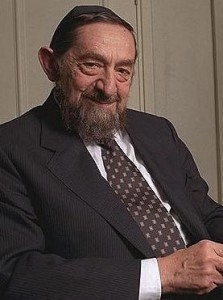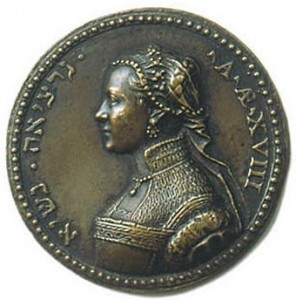Moshe Yosef “Paul” Reichmann (1930-2013) was born in Vienna to Hungarian Orthodox Jewish parents. By a miracle, the family escaped Austria right before the Nazi takeover of the country, then fled from Hungary to Paris to Morocco. At the end of World War II, Reichmann studied in yeshivas in England and Israel before returning to Morocco and working as a shirt salesman. Shortly after, he moved to Toronto to open a new branch of his brother’s tile company, Olympia. By 1964, he built a separate property development company called Olympia & York. In 1976, the company built First Canada Place – what was then Canada’s tallest building (and the tallest bank office tower in the world). The company would expand to New York and Tokyo, London and Israel, becoming the world’s largest property developer. Reichmann’s vision of magnificent buildings adorning the skyline prompted Prince Charles to comment: “Do they have to be so tall?” Despite the tremendous success, Reichmann never abandoned his Orthodox roots, maintaining his prayer and study regimen, and having his company cease all operations on Shabbat and holidays. He used a great part of his fortune to finance synagogues, yeshivas, and charitable institutions around the world. In 1992 he lost the bulk of his wealth when Olympia & York went bankrupt in the midst of a large economic recession (and a failed project for London’s Canary Wharf – considered one of the largest development projects in history). He managed to rebuild a sizable portion of his wealth over the next two decades, and continued donating millions of dollars every year to good causes. Very private and shunning luxury, Reichmann was famous for his business integrity. He would seal multi-million dollar deals with a handshake, and never failed to keep his word. Sadly, the man who touched so many lives passed away earlier this week. Click here to read more about one of the greatest philanthropists of the century, and watch a video here.
Words of the Week
Abraham was told that his descendants will be like the dust of the earth [Genesis 13:17], and as the stars of heaven [Genesis 15:5]. So it is with Israel: When they fall, they will fall as low as the dust; when they rise, they will rise as high as the stars.
– Midrash Pesikta Zutrati



